MS-LS1-3
Use argument supported by evidence for how the body is a system of interacting subsystems composed of groups of cells.
-
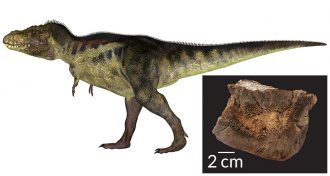 Fossils
FossilsHow to tell if a T. rex is expecting
A chemical test of tyrannosaur bone can determine whether the dino was pregnant — and therefore a female.
By Meghan Rosen -
 Health & Medicine
Health & MedicineExplainer: What is skin?
The body’s soft, outer armor contains three layers, each with its own important role to play.
-
 Health & Medicine
Health & MedicineAllergies linked to obesity and heart risks
Children and teens with asthma, allergies or other autoimmune conditions tend to be overweight and show symptoms of heart-disease risks, a new study finds.
By Tara Haelle -
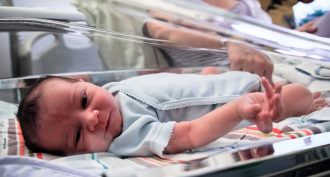 Chemistry
ChemistrySome air pollutants seep through skin
The skin is the body’s largest organ. And it can let in as much or more of certain air pollutants than enter through the lungs, a new study finds.
By Janet Raloff -
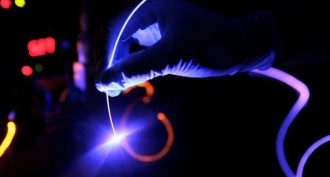 Tech
TechNew light on brain science
A combination of physics, biology and engineering lets scientists use light to trigger actions by specific brain cells. Called optogenetics, this technology is shining new light on how the brain works.
-
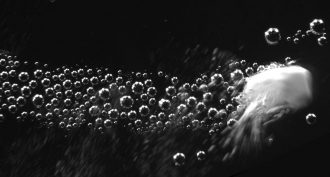 Health & Medicine
Health & MedicineThese bubbles treat wounds
New research shows bubble-powered drugs can travel upstream, against the flow of blood, to seal wounds shut.
By Meghan Rosen -
 Animals
AnimalsHummingbird tongues may be tiny pumps
Scientists had thought that hummingbird tongues work through capillary action. A new study, though, concludes they work like little pumps.
By Susan Milius and Sarah Zielinski -
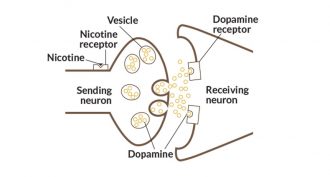 Health & Medicine
Health & MedicineExplainer: The nico-teen brain
Both e-cigarettes and tobacco products can release large amounts of nicotine during use. Nicotine is the chemical that makes tobacco addictive — and the teen brain is especially vulnerable to it.
-
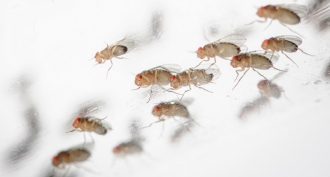 Health & Medicine
Health & MedicineCatching ZZZs may retrieve lost memories
Forgetful? Maybe you’ve forgotten to get enough shuteye. A study in fruit flies suggests that a good sleep can boost their ability to remember things.
-
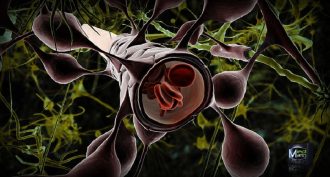 Brain
BrainScientists Say: Blood-brain barrier
Blood can contain nasty bacteria and other things you want to keep away from your delicate brain. The blood-brain barrier is up to the job.
-
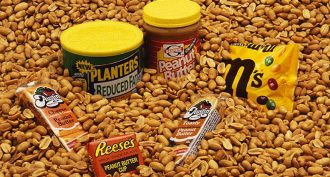 Health & Medicine
Health & MedicinePeanuts for baby: A way to avoid peanut allergy?
Making peanut products a baby food could head off life-threatening peanut allergies later, new data show.
By Nathan Seppa -
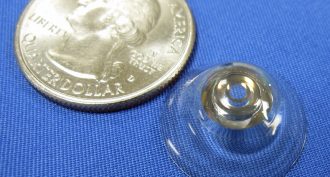 Health & Medicine
Health & MedicineVision-ary high tech
New devices are being developed to improve, restore or preserve the vision of people with eye diseases, such as glaucoma and macular degeneration. One device is a telescopic contact lens than can be zoomed with a wink.
By Sid Perkins